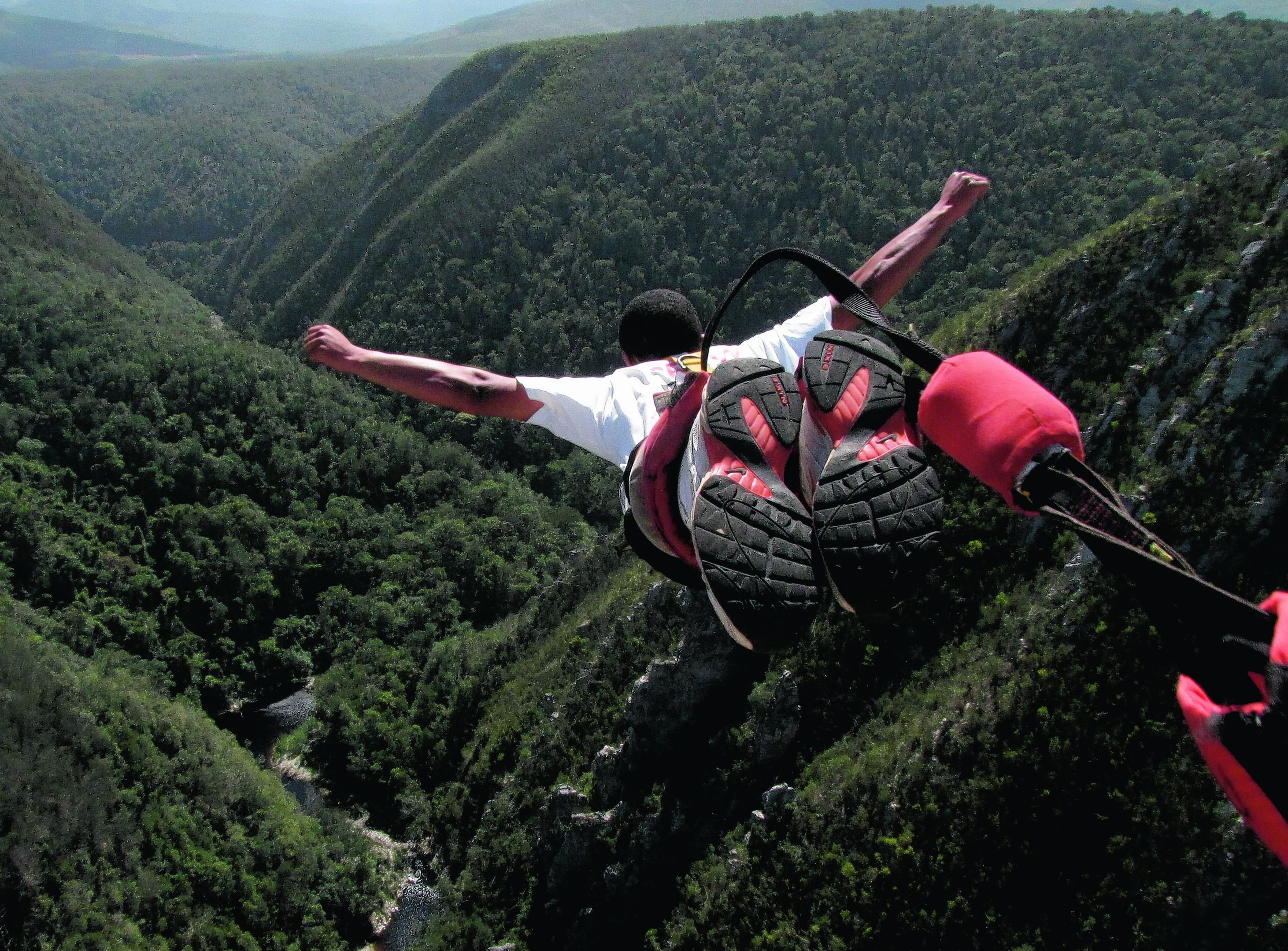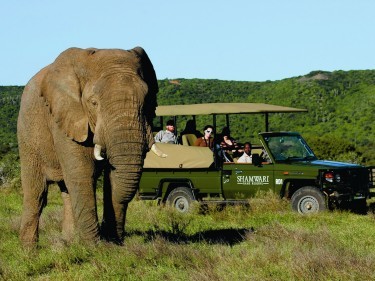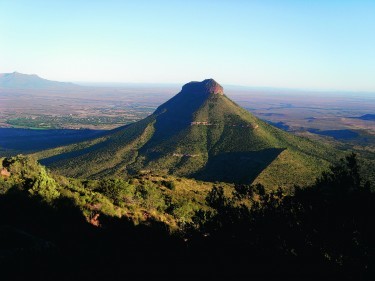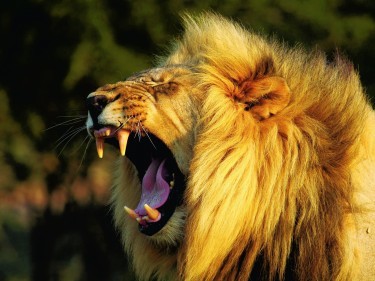The bungee jumper plunges head first with arms outstretched like a cross. He is saved by tightly-packed bands of stringy rubber which form a cord – not much thicker than a wrist – tied to his legs.
I watch as he flings himself from a ledge on a bridge carrying traffic from Cape Town to Durban. His perch is 216 metres above the Bloukrans River, at a spot which claims to be the world’s highest commercial bridge bungee. He is barely visible to the naked eye from the dried-up riverbank, a small speck against the void below.
The initial drop lasts up to five seconds, a graceful arc of flight, man mimicking bird. Then the vulnerable-looking figure becomes a whooping 180 degree pendulum, swinging towards the bridge.
The bungee centre is situated in an adventure-laden part of South Africa’s Eastern Cape, where the tip of Africa meets the Atlantic and Indian Oceans.
It once formed part of an important trading route, but today’s adventurers arrive for treetop canopy tours and white water rafting.
Venturing further inland, the contemporary explorer discovers the unspoilt Karoo Desert, which covers around 40% of the country (450,000 sq kilometres) and produces half the world’s angora wool.
In one dramatic corner of this vast landscape, I watch two eagles sail languidly on rising thermals above the Valley of Desolation. The setting sun casts golden yellows on the ochre pigment of sandstone cliffs as I peer up at the sky’s great predators.
The gruff calls of baboons, mating or posturing, ascend on light breezes from rocky outcrops where they crouch.
After wading through bush, acutely conscious of the vertiginous precipice to my left-hand side, a “sundowner” at one of South Africa’s dramatic earth fissures provides welcome relief. More drinks follow at the Long Bar of the Graaff Reinet Club.
The Coldstream Guards were stationed here during the Boer War between the British and settlers of two independent Boer republics at the start of the last century. Shotguns and small firearms hang on the wall, while game trophies stare glassily over well-heeled clientele.
As I chalk my cue in the snooker room, I notice leopard and zebra skins on display. Two monkey skulls sit on the wall, with a sign underneath calling them founding members.
I strike up conversation with one of the Graaff’s members, who tells me the former gentleman’s club opened to women in 1994, as part of the great emancipation following Nelson Mandela’s release from prison.
The subject of equal rights is high on the agenda when I take a fascinating tour of Lingelihle Township in the Karoo town of Cradock, one of the first places in the Eastern Cape to gain democratic structures.
In the late 19th century, the arrival of the railway line from Port Elizabeth prompted rapid expansion here, and during the apartheid years, the township became a focus for protest and unrest.
Undercover branches of the ANC organised opposition to the white authorities, spreading intelligence under the cover of discos and parties, to avoid suspicious security officers.
The ferment led to the notorious murder of the Cradock Four, anti-apartheid activists intercepted by police at a roadblock and killed while returning from a meeting in Port Elizabeth 30 years ago.
I follow Amos Nieta, 56, a long-serving member of Cradock’s dissident movement, to a marble gravesite monument to the Four. He recalls everybody had code names during this period and says: “The only payment that you were expecting was the freedom of the people.”
This symbol of South Africa’s relatively recent racial strife adds piquancy to watching Xhosa women sing the national anthem, hands on hearts, for guests at Die Tuishuise, a gracious 1840’s Victorian-style manor in Cradock.
I’m entranced as they deliver a refrain played at Mandela’s funeral, which has become symbolic of a renewed South Africa.
But the unemployed women I meet at the nearby game reserves, who are training to be onsite beauty therapists, have jobs, not revolution in mind.
They gently wash and massage feet in a tree-shaded courtyard within the row of Karoo-style restored cottages, one shaking a bead-filled rain stick and gently singing about the determination and commitment needed to transition from training to game reserve work.
The reserves offer work in an area with chronic unemployment. They also attract huge numbers of overseas tourists, attracted by South Africa’s first-class facilities.
Shamwari, near Port Elizabeth, employs a former police colonel to coordinate poaching intelligence with other lodges. Last year, around 1,000 rhinos were lost country-wide to organised criminal syndicates.
Erecting fences and mounting regular patrols helps protect the animals but the resort loses none of its wilderness feel, a fact I am edgily aware of when I spot my first lion.
The big cat can cover 25 metres per second and I recall this with vivid clarity as I look into the eyes of a female who passes my open-air safari vehicle.
I blink, and after the briefest hesitation, she prowls past as part of a convoy of three generations, two females and a young male, who are stealthily stalking antelope.
A little further on, we encounter a group of elephants – one casually stuffing a clump of grass into her jowly mouth, another strolling from the bush with the cutest baby gambolling in tow.
The impact of seeing these animals in the wild is both exhilarating and humbling; emotions similar, I imagine, to those pumping through the veins of first-time bungee jumpers.
Dangling from a piece of elastic may have been one leap too far for me, but there’s no denying that from extreme sports to fascinating wildlife viewing, South Africa has a lot to offer those with a sense of adventure.
THE HOLIDAY
:: Michael McHugh was a guest of Travelbag who offer two nights at Long Lee Manor at Shamwari Game Reserve (full-board), one night at Die Tuishuise Cradock, one night at the Karoo Park guesthouse Graaff Reinett and one night at the Tsitsikamma Village Inn from £1,499 per person, including flights with South African Airways from London Heathrow to Port Elizabeth (via Johannesburg) and five days car hire.
:: South African Airways (www.flysaa.com; 0844 375 9680) operates double daily flights from Heathrow Terminal 1 to Johannesburg, connecting to over 30 destinations within Southern Africa. Return flights to Port Elizabeth from London Heathrow via Johannesburg cost from £862pp.
:: For more information on the area, visit www.visiteasterncape.co.za



